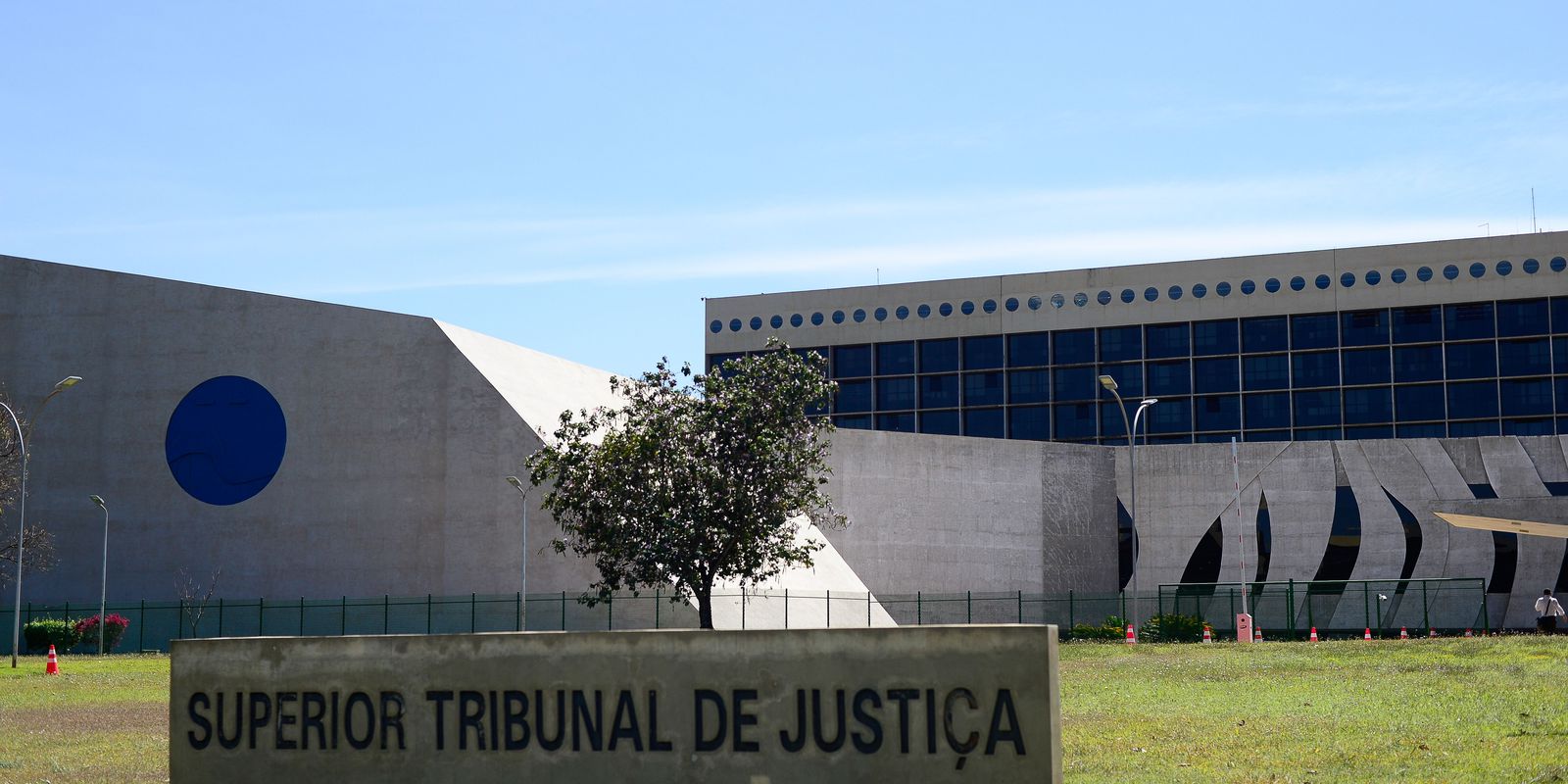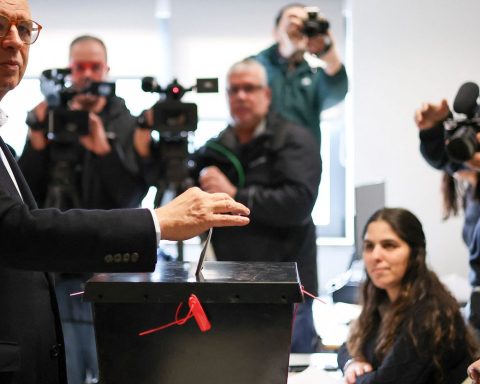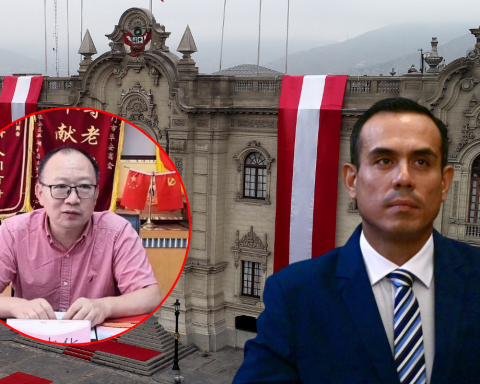The Superior Court of Justice (STJ) recognized, this week, the right of a mother to adopt her own daughter, over 18 years old. Unique, the decision was taken not only because the girl given up for adoption as a child is currently of legal age and expressed a desire to be adopted by her biological mother, but also because the adoptive family did not oppose the will of the biological mother and of his daughter. 
Although there was no disagreement on the part of any of the parties, the adoption request was denied by a judge of the first degree who considered that the request would violate Article 39 of the Child and Adolescent Statute (ECA), which establishes that, in addition to being exceptional, adoption is an irrevocable measure.
This understanding was maintained in the second instance, by the Court of Justice, where the case is being processed in secrecy. According to the STJ, the court also understood that authorizing the reestablishment of the legal bond between a biological mother and daughter would create a precedent that would result in legal uncertainty for other adoptive processes.
The biological mother then appealed to the STJ, whose Fourth Class had a different opinion and reversed the decisions of the first and second degree. Analyzing the history of the case and the arguments presented by the author of the request, the rapporteur of the appeal, Minister Raul Araújo, understood that the first adoption, authorized when the girl was still a child, was in fact valid and, therefore, was irrevocable. However, as the adopted is now an adult and capable, the new process is governed by the Civil Code, and no longer by the ECA.
“The law does not expressly provide for the impossibility of adopting a previously adopted person. Therefore, the consent of the parties involved, that is, of the parents or legal representatives, and the agreement of the adoptee is enough”, argued the minister in his vote. 12 years of age – and that, whenever possible, the opinion of the child or adolescent, regardless of age, should be taken into account.
For the legal director of the National Association of Adoption Support Groups (Angaad), Thandra Sena, the STJ’s decision creates a very specific legal precedent, applicable only in very specific cases. “As far as we know, this is a girl who, although adopted as a child, maintained some kind of bond with her biological mother. And whose adoptive family did not object to her wish to be adopted again by her biological mother,” Thandra told Brazil Agency??
In fact, according to the STJ, in the process, the biological mother said that she had given the girl up for adoption because she did not, at the time, have the personal and financial conditions to raise her. However, after the process was completed, the adoptive family allowed her to continue visiting their daughter, which she did regularly over the years, maintaining a close relationship with the girl. As time went by, the two grew closer and closer, until the reciprocal will of adoption emerged. The adoptive family did not object.
Appointed by the Brazilian Bar Association (OAB) to comment on the matter, the lawyer specializing in Family Law, Diana Geara, considers that, by recognizing the validity of the first adoption, concluded when the girl was still a child, the STJ maintains the irrevocability of adoption sentences as a rule.
“This is important because it is not uncommon for lawsuits to revoke decisions. But it can be said that this judgment is almost an exception, a specific decision that will not affect the cases involving children and adolescents, which are the majority. Furthermore, it is quite unusual as, in most cases, there is a breakdown in the relationship between the adopted child and the natural family,” Diana commented.


















